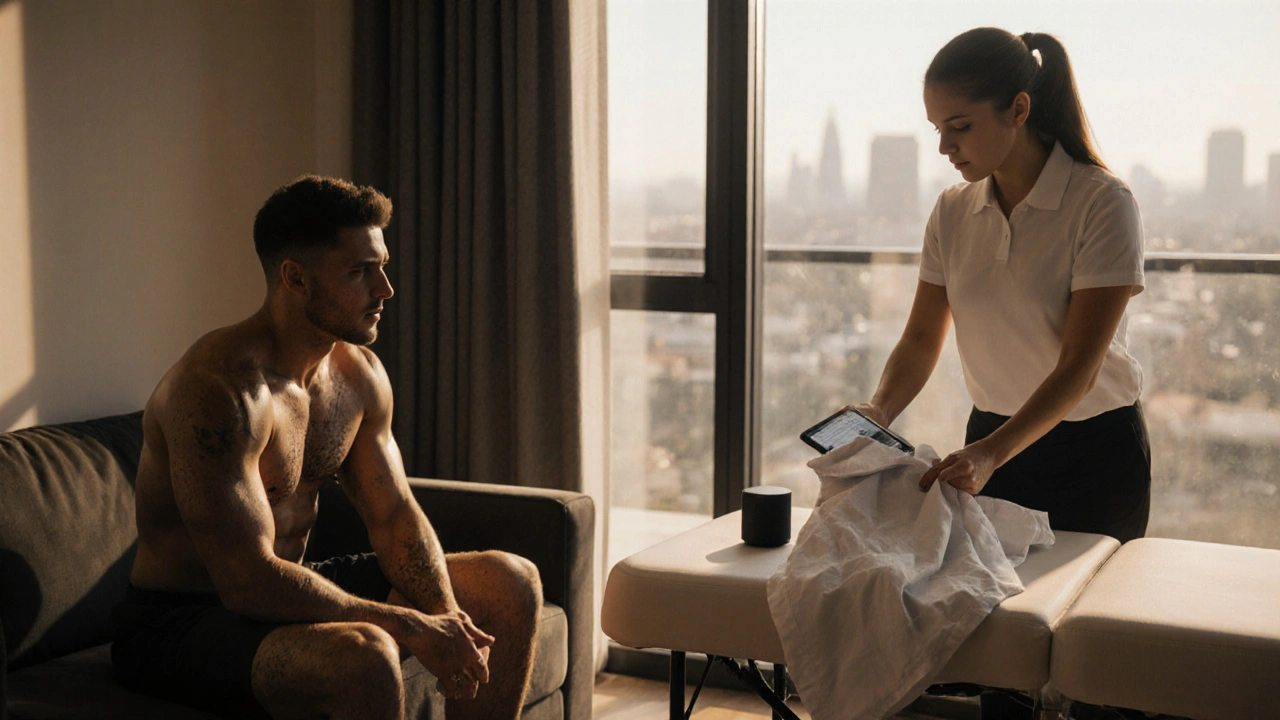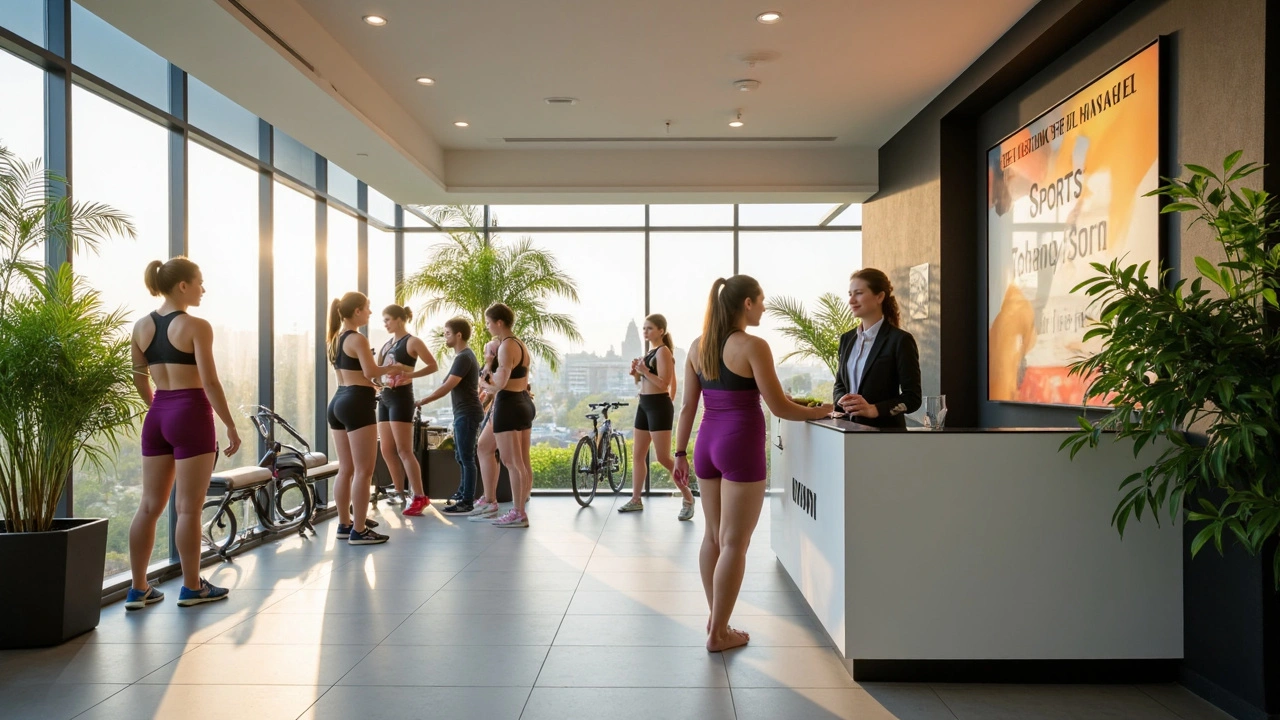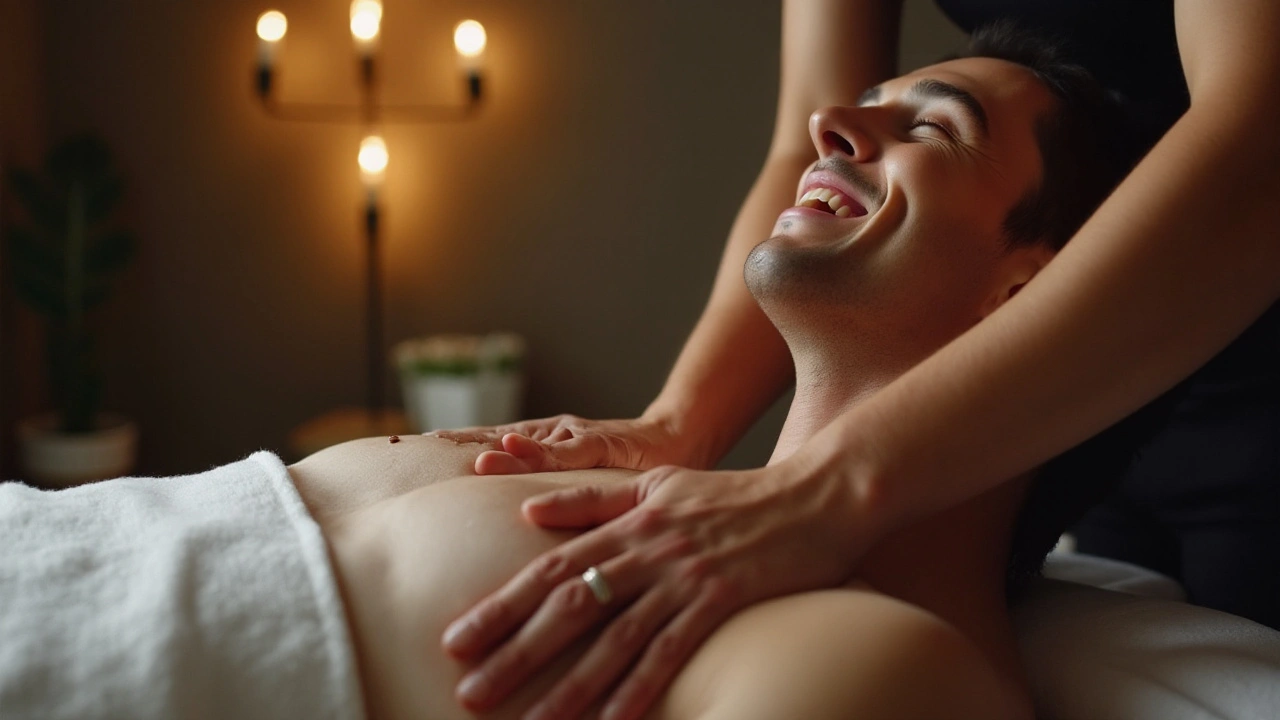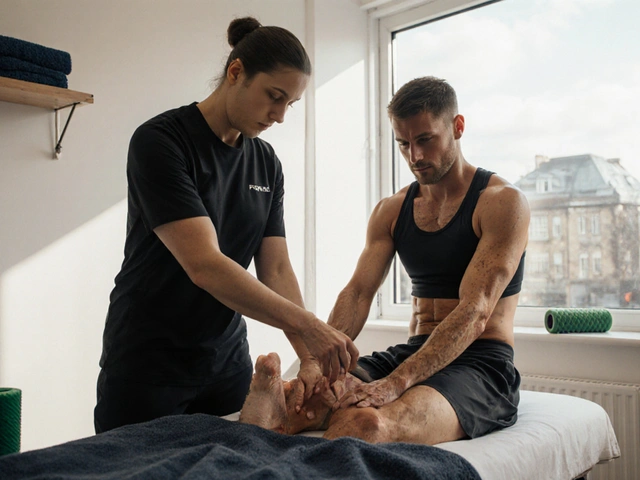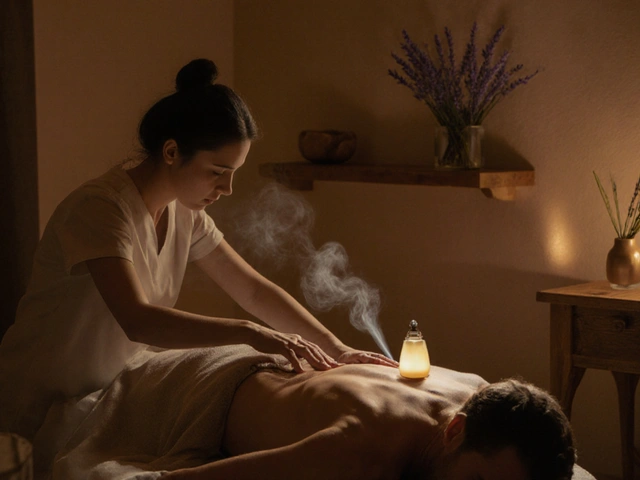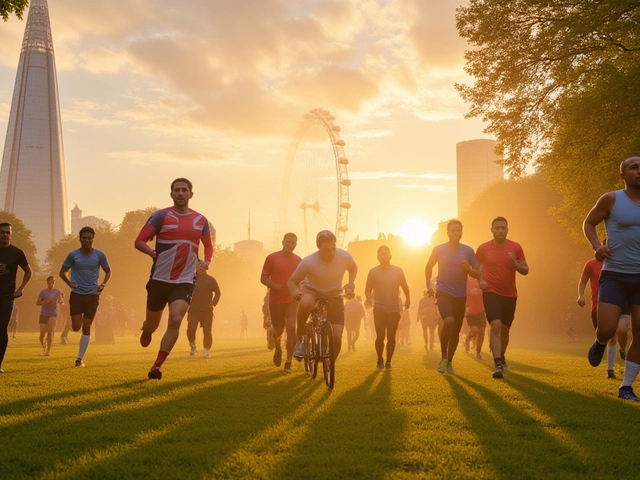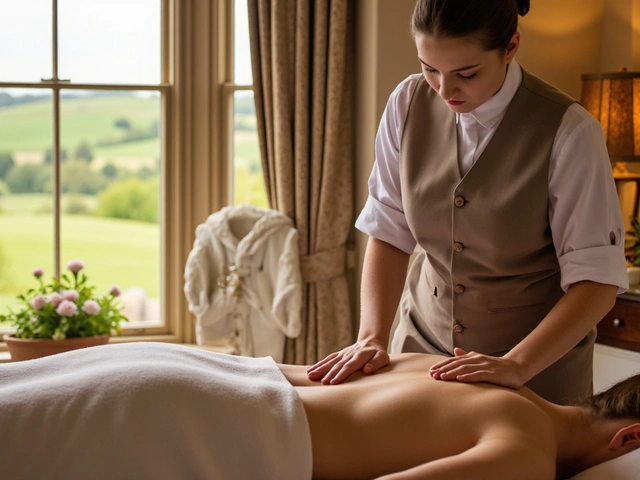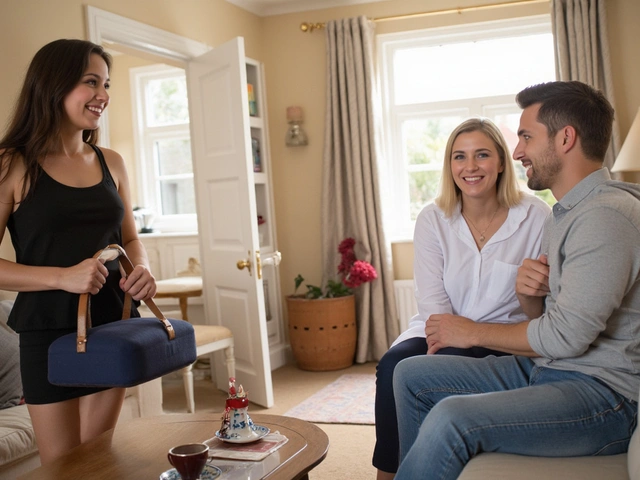Sports Massage in London – Benefits, Tips & How to Choose the Right Therapist
If you’re into running, football, or hitting the gym, you’ve probably heard the term sports massage. It’s not just a luxury; it’s a tool that helps you train harder, recover faster, and stay injury‑free. In London, the scene is packed with specialists who know how to work with athletes of every level.
So, what does a sports massage actually do? Think of it as a focused, deep‑tissue session that targets the muscles you use most in your sport. The therapist uses strokes, pressure, and stretching to improve circulation, release tight spots, and boost flexibility. The result? Less soreness, quicker recovery, and a lower chance of strains or tears.
When to Book a Sports Massage
Timing matters. Most athletes book a session after a tough workout or competition to flush out lactic acid and reset muscle fibers. A lighter, pre‑event massage can also warm up the body, improve range of motion, and calm nerves. If you’re training for a marathon, aim for a full session a week before the race and a lighter one the day before.
In London, many clinics offer short‑notice appointments, so you can fit a massage around a busy schedule. Look for places that allow easy online booking and clear cancellation policies. That way you won’t miss a session because of a sudden change in plans.Another tip: combine sports massage with other recovery tools, like foam rolling or stretching at home. The therapist will often give you a few simple moves to keep the benefits flowing between appointments.
How to Choose the Right Therapist
Not all massage therapists are created equal. For sports massage, you want someone with specific training in sports science or physiotherapy. Check their credentials – a certification from a recognized body like the Sports Massage Association (SMA) is a good sign.
Read reviews from other athletes. Look for comments about the therapist’s ability to target problem areas, communicate clearly, and adjust pressure based on feedback. A good therapist will ask about your sport, training routine, and any injuries before starting.
Price is another factor, but don’t let it be the only one. In London, rates vary from £50 for a 30‑minute session to £120 for a full hour. Consider the therapist’s experience, the clinic’s hygiene standards, and whether they offer follow‑up advice. Sometimes a slightly higher fee means better results and fewer repeat appointments.
Finally, trust your gut. If you feel comfortable and the therapist listens, you’re more likely to get the full benefit of the massage. A relaxed mind makes a relaxed body, and that’s what sports massage is all about.
Ready to give your performance a boost? Find a London sports massage therapist that checks the boxes above, book a session, and feel the difference on your next training day. Your muscles will thank you.
Discover how Incalls Massage brings sports‑focused therapy to your home, speeds post‑workout recovery, and fits seamlessly into a busy fitness routine.
Read MoreDiscover how sports massage in London helps speed up recovery from injuries. Learn about the benefits, types of massages available, and what to expect during a session. Find practical tips on locating top massage services in London and how they can aid in your rehabilitation journey. This article provides essential information for anyone looking to recover faster from sports-related injuries using effective massage techniques.
Read MoreOutcall massage therapy can be a game-changer for athletes looking for convenience and effective recovery. With therapists bringing their expertise directly to your doorstep, you save time and enjoy tailored treatments in the comfort of your home. This guide explores the benefits, types, and tips for finding and booking top-notch outcall massage services in your area. Whether you're a professional athlete or a weekend warrior, discover how these sessions can enhance your performance and recovery.
Read MoreSports massage can be a game-changer for athletes in London by enhancing performance and promoting quicker recovery. The city’s bustling sports scene demands high levels of physical exertion, and incorporating sports massage into routines can provide numerous benefits. It boosts flexibility, alleviates tension, and reduces the risk of injury. This intimate and nurturing practice can also improve mental well-being, creating a deeper connection with one's body.
Read More